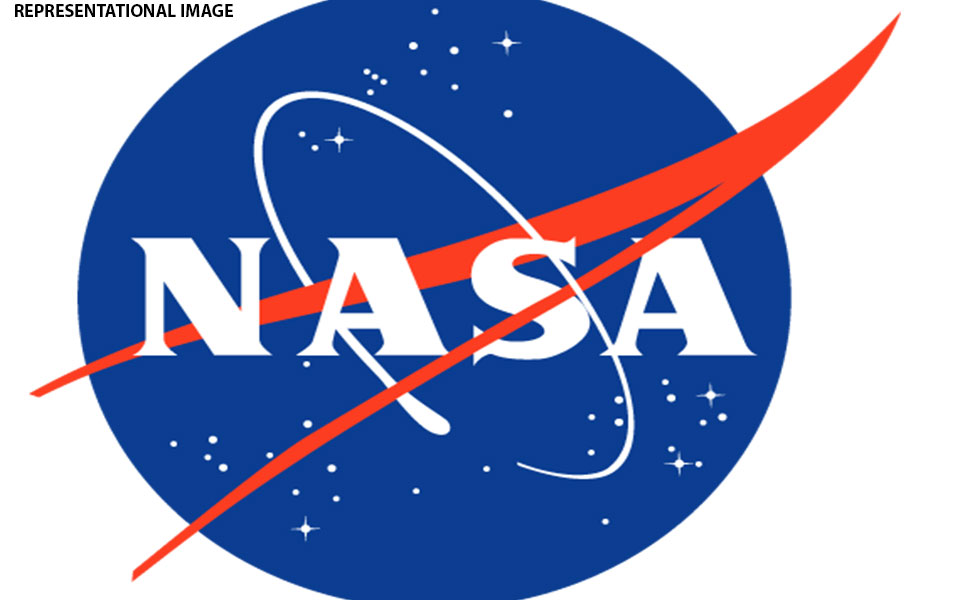Washington, May 9: In a bid to show its seriousness about taking its "flying car" concept off the ground, ride hailing company Uber has signed a second space act agreement with NASA.
The pact aims to further explore concepts and technologies related to urban air mobility (UAM) to ensure a safe and efficient system for future air transportation in populated areas.
Under this agreement, Uber will share its plans for implementing an urban aviation rideshare network, NASA said in a statement on Tuesday.
NASA will use the latest in airspace management computer modeling and simulation to assess the impacts of small aircraft - from delivery drones to passenger aircraft with vertical take-off and landing capability - in crowded environments.
This is NASA's first such agreement specifically focused on modeling and simulation for the UAM operations.
NASA's definition of "urban air mobility" is a safe and efficient system for vehicles, piloted or not, to move passengers and cargo within a city.
Uber's first Space Act Agreement with NASA, which was signed in November 2017, was a general statement of an intent to collaborate, The Verge reported.
"NASA is excited to be partnering with Uber and others in the community to identify the key challenges facing the UAM market, and explore necessary research, development and testing requirements to address those challenges," Jaiwon Shin, Associate Administrator for NASA's Aeronautics Research Mission Directorate, said in a statement.
"Urban air mobility could revolutionise the way people and cargo move in our cities and fundamentally change our lifestyle much like smart phones have," Shin said.
At its research facility at the Dallas Fort Worth (DFW) International Airport, NASA will use the data supplied by Uber to simulate a small passenger-carrying aircraft as it flies through DFW airspace during peak scheduled air traffic.
Analysis of these simulations will identify safety issues as these new aircraft take to the air in an already crowded air traffic control system.
"The new space act agreement broadening Uber's partnership with NASA is exciting, because it allows us to combine Uber's massive-scale engineering expertise with NASA's decades of subject matter experience across multiple domains that are key to enabling urban air mobility, starting with airspace systems," said Jeff Holden, Uber's Chief Product Officer.
Uber believes that urban air transportation has the potential to alleviate transportation congestion on the ground and a network of small, electric aircraft that take off and land vertically (called VTOL aircraft for Vertical Take-off and Landing, and pronounced vee-tol), could enable rapid, reliable transportation between suburbs and cities and, ultimately, within cities.
Let the Truth be known. If you read VB and like VB, please be a VB Supporter and Help us deliver the Truth to one and all.
Kalaburagi: Four men have been arrested in Kalaburagi on charge of hacking a man with lethal weapons and pelting stones at him under the limits of Station Bazaar Police Station recently.
According to police sources, Anand Jalak Shinde (34), Ashitosh Jalak Shinde (30), Imran Mehboob Sheikh (28) and Sohaib Anwar Qureshi have been arrested. The men are accused of the brutal murder of Syed Mehboob, a resident of Station Bazaar Upper Line Hamalawadi in the city.
An FIR was filed by the Station Bazaar Police Station based on a complaint given by Syed Ismail, father of the deceased Syed Mehboob.
Following quick probe, the police team successfully arrested the suspects within 24 hours. The arrested men were produced in court and have been sent to judicial custody.
The City Police Commissionerate has appreciated in an official release the police team’s quick solving of the murder case and arrest of the four men accused of murdering Syed Mehboob.





